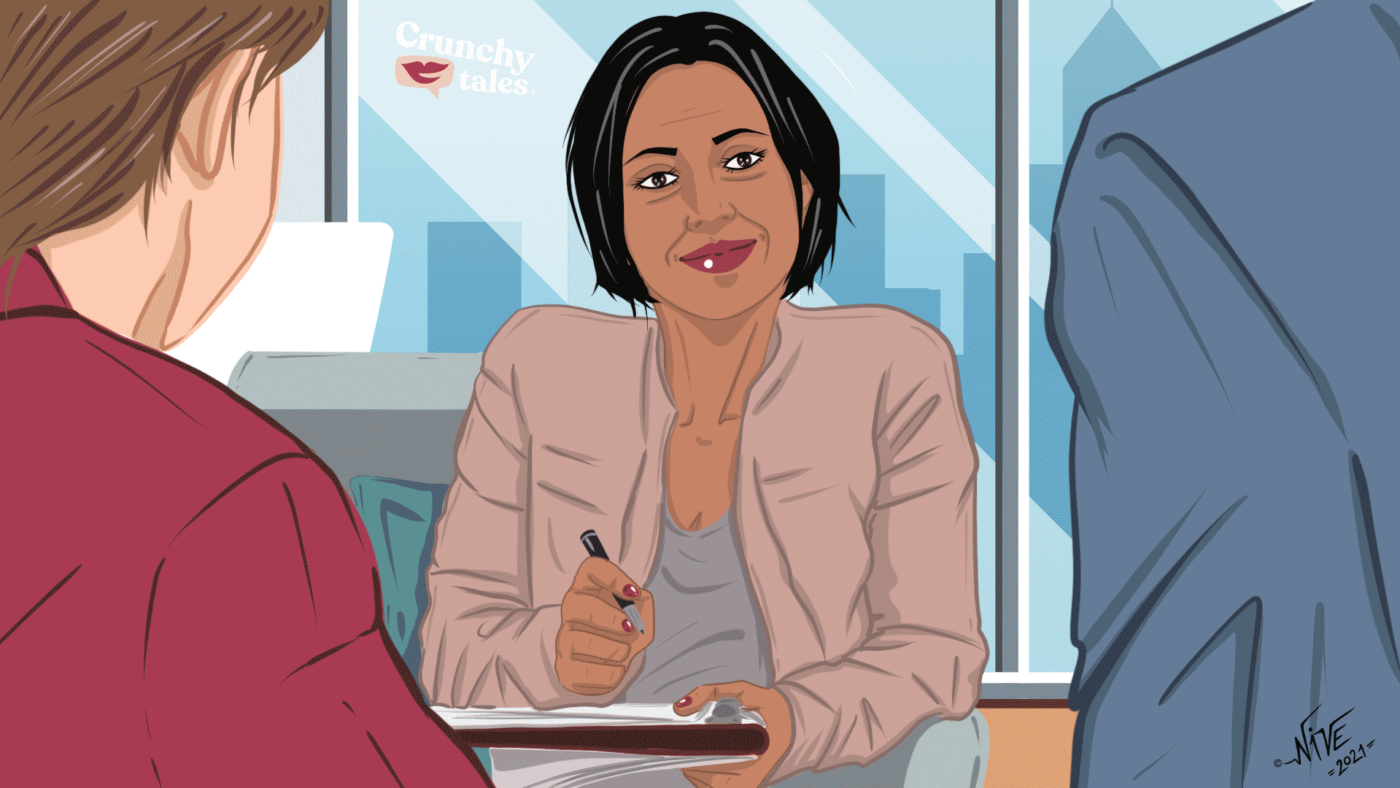Therapist or Life Coach? Finding The Right One In Midlife
If you are on the way to rebooting your midlife, chances are you might be focused on improving your mental health, too. But what happens when you feel overwhelmed, struggling to unravel your thoughts? A good therapist may come to your rescue.
Choosing the right professional who will help you grow and overcome your issues is a big decision, though, and may take a bit of research but it’s well worth the effort as that can be an important part of reclaiming your life and maintaining wellbeing.
The Therapeutic Alliance
Before you start, understand that therapy isn’t a quick-fix or a miracle cure: it’s a relationship and set of actions that lead to positive change and goals. You may want to find a therapist that you feel you can connect with, a counsellor you can trust and you can build an alliance with. In fact, according to the American Psychological Association (APA) regardless of the type of therapy, you will choose, patients improvements mostly depend on how well the therapist and the individual get on.
The therapy relationship makes substantial and consistent contributions to psychotherapy outcome independent of the specific type of treatment – as stated by APA-. The therapy relationship accounts for why clients improve (or fail to improve) at least as much as the particular treatment method.
Whoever you’ll choose, don’t forget that therapists aren’t friends who listen to your problems and try to give you advice; they are licensed mental health professionals who follow guidelines and a code of ethics. They help people improve their lives, reduce symptoms of mental illness, develop better cognitive and emotional skills, and cope with various challenges without judging.
Which therapist is best for me?
To find a therapist who’s a good match, start by considering the basics like licences, credentials, specialities, experience, insurance, fees, scheduling and location.
Ask around or search online. Often friends, colleagues, and your healthcare providers/family doctors are a good source of referrals. If you can’t find a personal recommendation, you can search for the type of therapist or counsellor in your area using several platforms. For example, Psychology Today, TherapyTribe, The British Psychological Society, and the American Psychological Association offer great directories for researching the different types of therapy and therapist.
There are lots of different kinds of mental health providers out there doing all kinds of distinct clinical work – says Adam P. Stern, MD, the director of psychiatry at Beth Israel Deaconess Medical Center’s Berenson-Allen Center for Noninvasive Brain Stimulation, and an assistant professor of psychiatry at Harvard Medical School-. It can be intimidating to even know where to start searching for help, but often telling your primary care doctor about your symptoms, and if necessary asking for a referral to a specialist, is a good place to begin. If your doctor determines that specialized care is needed, you may be referred to a psychiatrist who can do a global assessment of your clinical needs. It may be the case that you will benefit most from an integrated treatment approach that features both psychotherapy and medications, or you may be referred primarily to one treatment or another.
Once you’ve narrowed down your choices, you may find it helpful to think about your goals and questions, so you can be sure you and your therapist are well matched. Some of them will offer a free brief consultation over the phone before scheduling your first appointment. This can allow you to get to know the person a little and ask any questions you may have.
It’s also worth thinking about whether you would prefer offline or online, individual or group sessions and whether a male or female practitioner would suit you best. Talkspace and Betterhelp both offer tools to help you explore the kind of therapy you want.
Ultimately, finding the right therapist is a personal matter. If after a few sessions, you don’t feel it is going the way you hoped, don’t be afraid to change.
What type of therapy do I need?
Researching a psychologist is very important as well as familiarizing yourself with the types of therapies that are available. There are many different approaches to therapy (Jungian, Psychodynamic, Psychoanalytic, Cognitive and behavioural), but there is no one fit for all. If you have no idea at all about what method might suit you, then call the referrals you have found or been given and enquire further.
Therapist vs coach
Nowadays there are more options than ever for people looking for support. While psychotherapy has been the traditional choice for decades, life coaching has emerged in the past 20 years as an alternative. However, they are not the same.
According to Counseling Today, “Many life coaches focus on creating a new life path in order to achieve goals, whereas therapy sometimes looks into emotional resolutions to past problems in order to move forward“.
Therapists are licensed healthcare professionals and regulated by the country in which they practice. As such, they are required to have achieved specific requirements, including training and higher education.
Life coaches, on the other hand, are encouraged to obtain certification through an accredited program like the International Coaching Federation (although it’s not required as the profession isn’t regulated). And unlike with therapists, there are no degree requirements.
The life coach definition is someone professionally trained to help you maximize your full potential and reach your desired results – says top life and business strategist Tony Robbins-. They are like a supportive friend and a trusted adviser rolled into one. They’re someone who will push you to identify your goals, hold you accountable and provide encouragement throughout your journey to become a better version of yourself.
Whatever therapy or approach you choose, if you have a positive first session with your professional, then you are more likely to make a few more appointments. It can take a few sessions to fully realise if you’re making progress with a therapist. Then, after three or four weeks, it’s okay to re-evaluate and decide if you wish to continue. Ultimately, therapy is complete when you feel confident that you’ve developed the skills and tools to cope with the emotional challenges that brought you to therapy, in the first place.
Like this article? Support Us or Sign up to our newsletter to get more articles like this delivered straight to your inbox!





